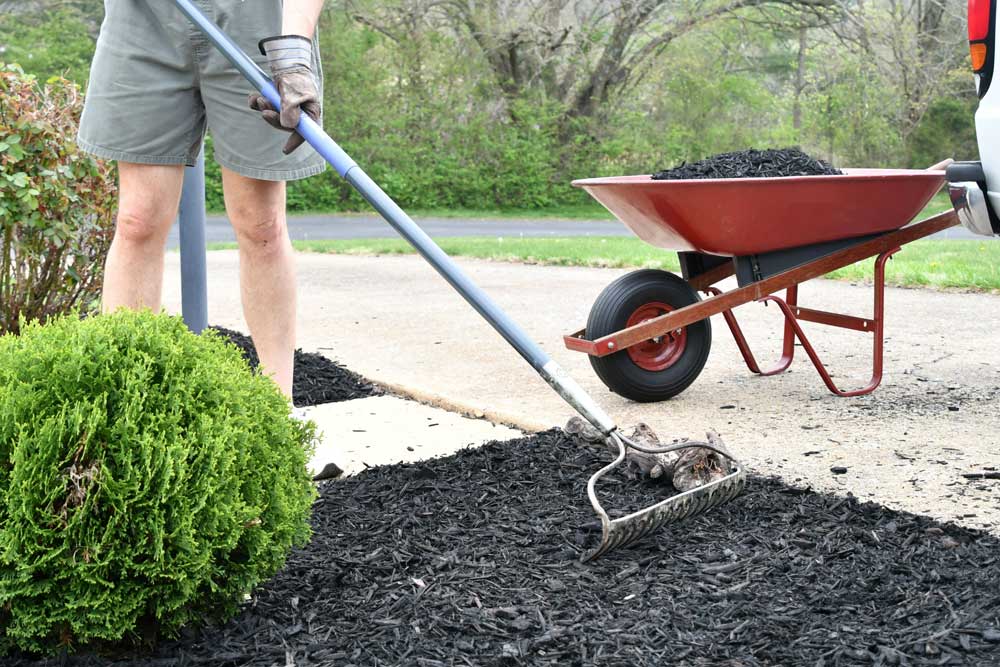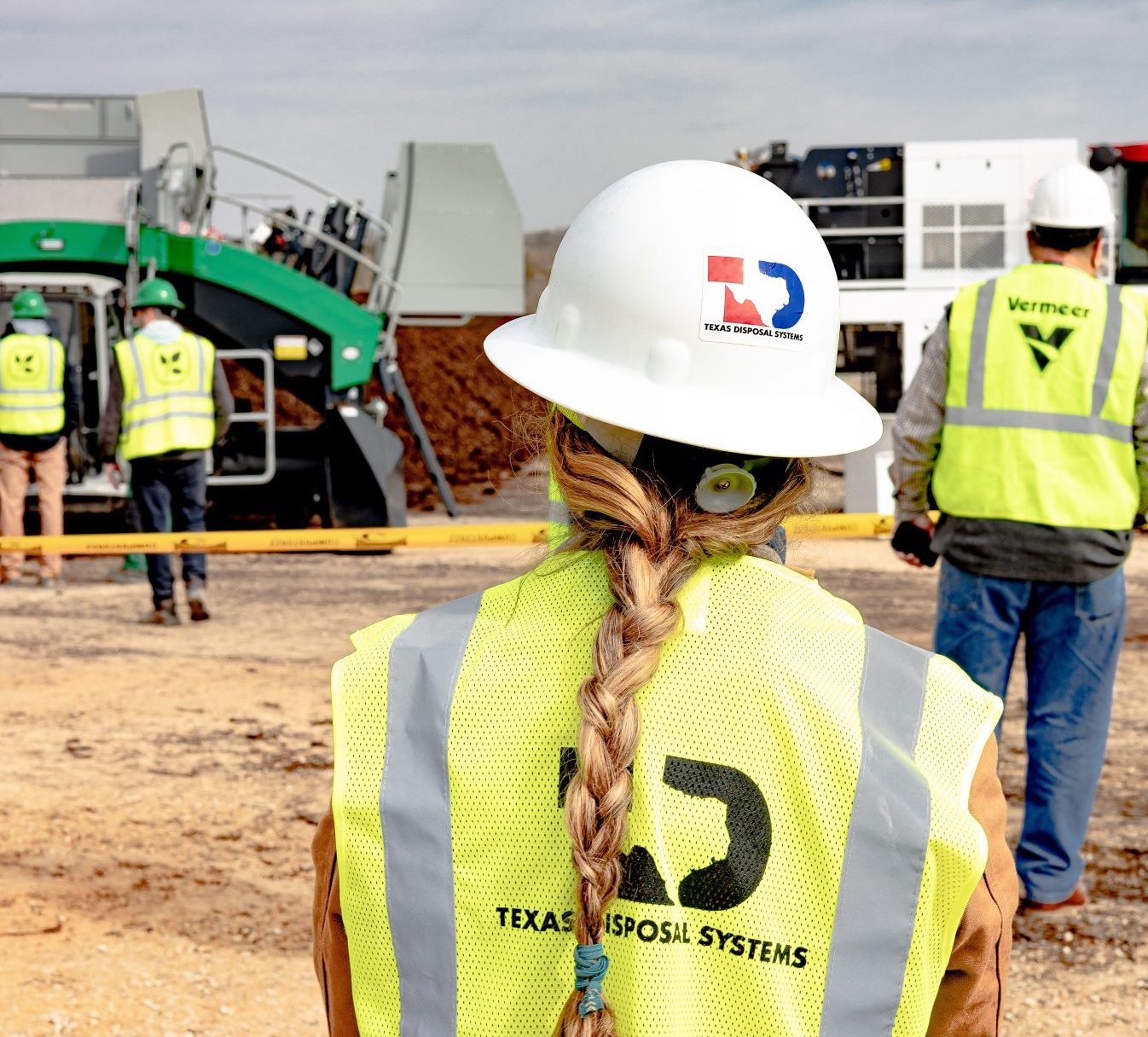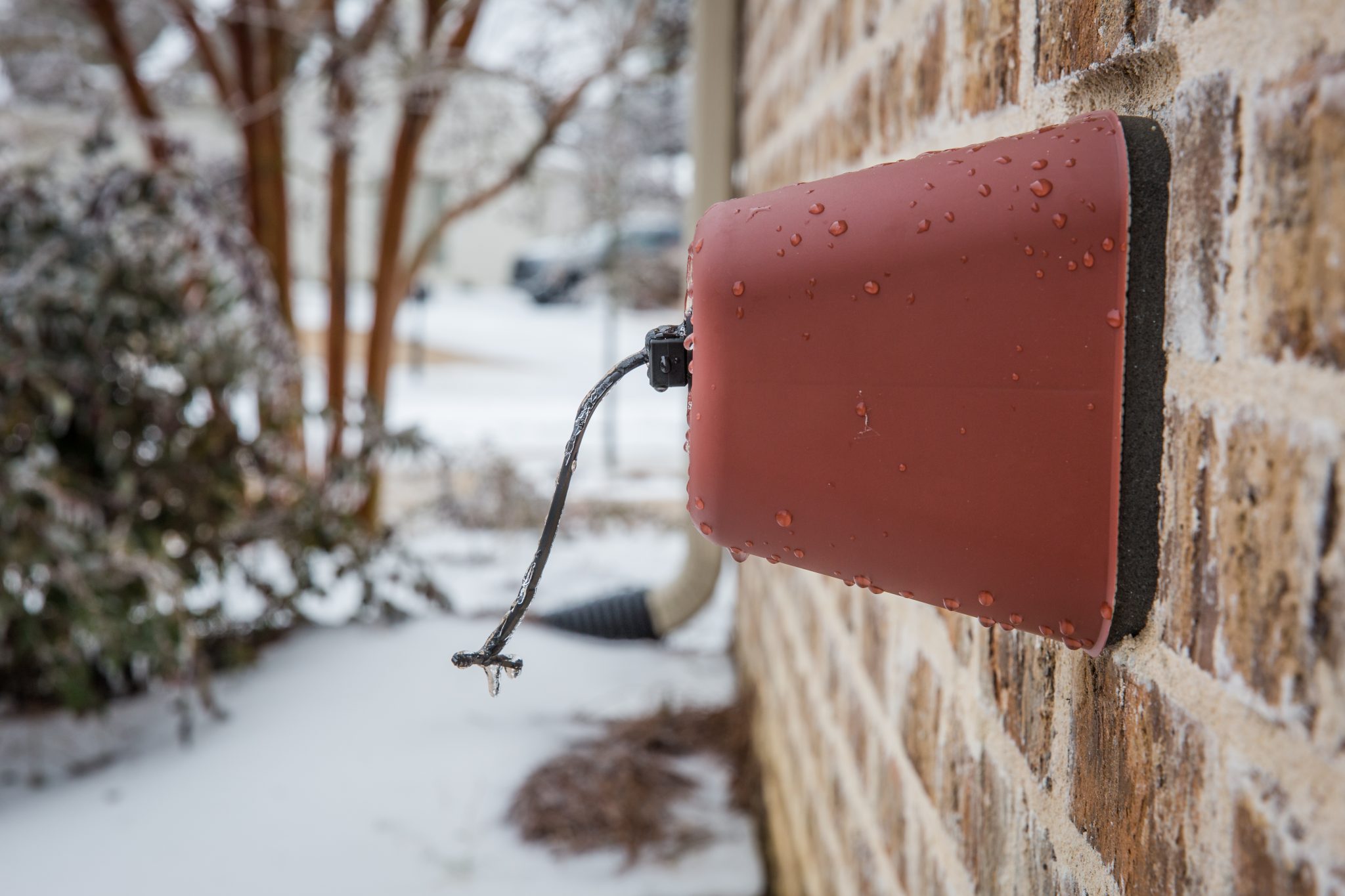If you’ve ever wondered why recycling matters, consider this: Americans generate a lot of trash. More than 200 million tons of garbage every year, to be exact. That’s enough waste to fill a football stadium from top to bottom. Twice a day.
The benefits of recycling seem straightforward. The practice reduces waste sent to landfills, conserves natural resources, reduces pollution, and creates jobs. On top of that, the majority of Americans do try to recycle…sometimes. Amongst all that trash we create annually, the studies estimate that 80% of the American waste stream is recyclable.
As of now, we’re only recycling 30% of it.
Why is that? One reason is because the reward for recycling (saving the earth) and the repercussions from infrequently recycling (damaging the environment) aren’t necessarily immediate. Another is that recycling can also seem confusing. Since there are so many facets to recycling—like sorting through bottles, plastic, and paper—it’s hard to decipher what stuff goes where.
The good news is that all of us can do our part to turn recycling into an easy, everyday habit, particularly around our kids. If young people learn from early on to recycle, good habits will stick with them for life. With some fun, interactive games and a few simple guidelines, kids can learn how to become part of the solution to recycling for a healthier planet.
Here are a few ways to teach your kids how to reduce, reuse and recycle—and to have fun while doing it, too.
-
Hold A Recycling Relay
What’s better than having fun, learning something, and doing good all at the same time? This relay activity will teach your kids how to recycle a wide range of items. Start by lining up recycling bins and a garbage can in your backyard. Scatter 30 pieces of litter in your yard—some stuff that’s recyclable and some stuff that’s not (you can use everything from snack wrappers and pizza boxes to juice boxes and shampoo bottles). Make sure your kids wear gloves (just to be safe) and have them stand in a line.
The first person in line runs to the yard and picks out a piece of trash. They then run to the bins and place the item in the correct bin. Finally, they run back and tag the next person in line, who runs to pick up a new piece of trash. This continues until the kids have picked up all the items. At the end of the game, look through the bins and make sure your kids put the litter in the right places. It’s a good way to get your kids comfortable with identifying which everyday items they can recycle!
2. Upcycle and Get Crafty
Show your kids how to reuse and recycle at home by making something new out of old materials. It’ll help them see trash in a whole new light!
Do you have a surplus of leftover toilet paper rolls? Consider building bird feeders for your backyard! All you need is peanut butter, popsicle sticks, bird seed, toilet paper rolls, and some twine. Cover the outside of the toilet paper roll with peanut butter, sprinkle it with bird seed and thread it with twine. Hang your brand new bird feeder in your backyard and watch wildlife pay a visit for a tasty (and eco-friendly) snack.
Want more ways to get crafty with recycled materials? Create a homemade guitar with a shoebox or build a hanging flower planter with leftover plastic soda bottles.
3. Take A Field Trip
Learning to sort items in your home’s recycling bin is just one part of the equation. Bring kids along for trips to recycle items that aren’t accepted curbside. Consider stopping by an office supply store to show your kids how to recycle batteries, cellphones, laptops, and electronic cables.
You can also watch videos like ours to see how a local recycling facility works! These virtual recycling facility tours are a great way to educate your students on what happens to items after being placed in the recycling bin. They’ll also see firsthand how all those different materials are made new again by being turned into tissue boxes or paper.
4. Set A Good Example
Teaching your kids about the do’s and don’ts of recycling starts with setting a good example. Children will follow your lead, so start by making an effort to recycle consistently at home. Explain to your kids what you’re doing when you throw plastic into the recycling bin instead of the trashcan. Or show them how to look for the recycling number on plastic packaging and give them the opportunity to put recyclables into the bin themselves.
If you’re unsure whether or not an item can be recycled, reach out to your municipality for recycling guidelines. If you’re a Texas Disposal Systems customer, check out the Waste Wizard to learn which materials and items we accept!
The Waste Wizard also offers a recycling game for kids and adults of all ages that tests your recycling knowledge. Try it out today!



